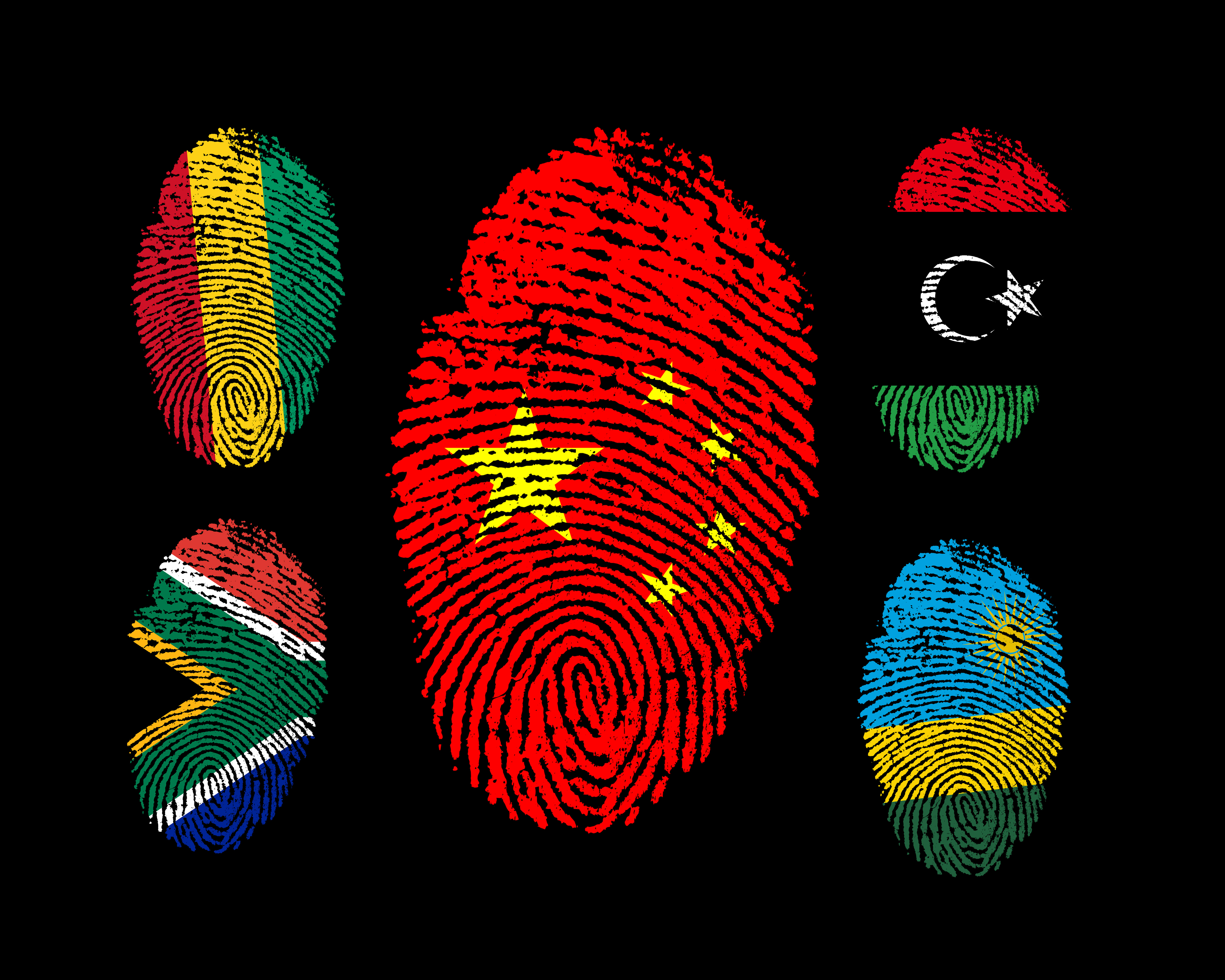
Politics & Society
Crony capitalism Chinese style

Aid, trade and investment in a fast evolving Sino-Africa partnership
Published 2 June 2017
Economist Dr Lauren Johnston examines the evolving political and economic relationships between China and Africa, and how the East Asia giant is adapting its own model of aid, trade and investment to grow regional African markets and economies while securing a rising supply of energy and mineral resources for itself
According to Dr Johnston, “selective African countries ... will produce a very large workforce share of population which, at the moment at least, offers relatively cheap wages, just the way China’s population did 20, 30 years ago.”
She adds: “Now you see Chinese companies thinking: is it time to think about repeating that model elsewhere in cheaper frontiers and economic frontiers of tomorrow, as China was 30 years ago?

Politics & Society
Crony capitalism Chinese style
“You may be buying your clothes with a ‘made in Ethiopia’ label in 10 years’ time rather than a ‘made in China’ label.”
Episode recorded: 24 April 2017
Up Close producer: Kelvin Param Audio engineer: Gavin Nebauer Banner image: Kurious/Pixabay
Subscribe to Up Close through iTunes.